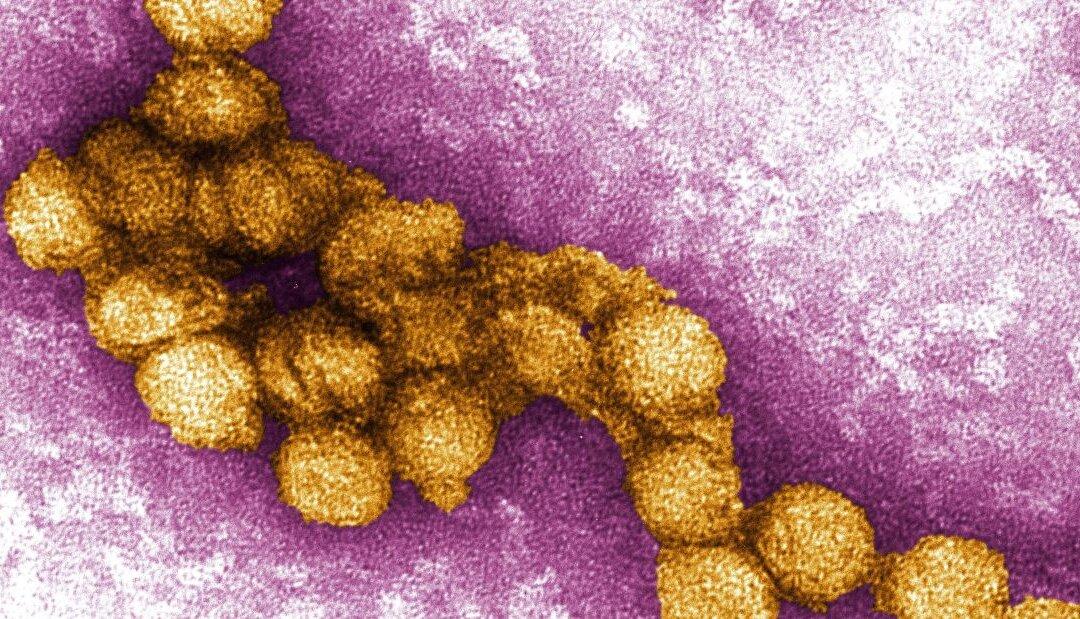Health officials say that they are discovering mosquitoes with West Nile virus, a potentially fatal illness, across multiple states in recent days.
On Thursday, authorities in Des Moines, Iowa, announced that virus-positive mosquitoes were found in surveillance traps and through testing them. The city said that it is now performing city-wide testing.





